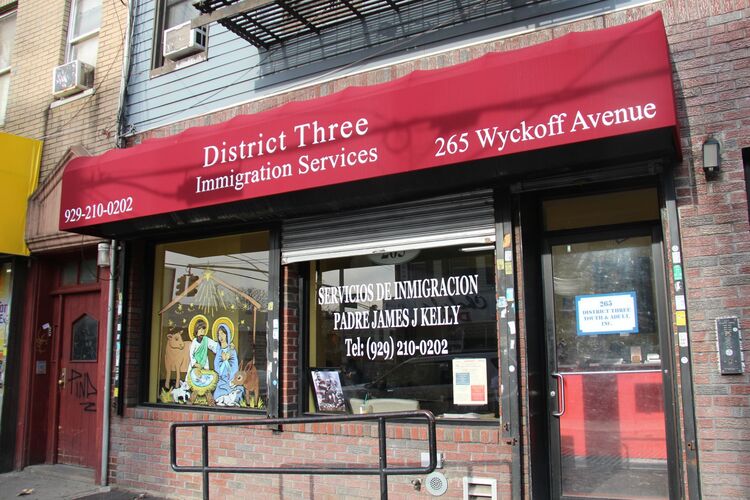Eamon O’Leary has been a part of two musical communities that “even in my own head they don’t always overlap.”
Music Notes / By Colleen Taylor
For Eamon O’Leary, music doesn’t happen without New York City. In his 20s, the Dublin native moved there, where he began his songwriting career. Since then, O’Leary has been composing, teaching music and producing albums, the most recent of which, “All Souls,” is set to be released at the end of the month. “All Souls” is an original, contemplative folk album. Behind each song on the album is an interesting idea or anecdote, each one matched by an equally curious and thoughtful arrangement of instruments.
Guitarist, bouzouki player, singer and, most importantly, songwriter, Eamon O’Leary has led a long career in traditional music and Irish-American folk music. After immersing himself in traditional music in Dublin, O’Leary began to circulate in the New York trad scene when he moved there in the early 1990s. O’Leary said his entire musical life has been informed by the people he met in New York City, in both the traditional and contemporary folk music circles. As he put it, “I was a part of two communities—the trad players and the songwriting set. The two don’t always intersect—even in my own head they don’t always overlap.” But that overlap—or rather yet, that correspondence between contemporary songwriting and traditional music perfectly coalesces in O’Leary’s songwriting. His own music-making has been productive in recent years—from his solo album “Old Clump” (2012) to collaboration with Jefferson Hamer, “The Murphy Beds,” and most recently, his original solo album, “All Souls.”
“All Souls” is a cut above the other work O’Leary has done thus far in that it is both entirely original and even eccentric. For instance, his song “Harbinger” was inspired by “the fear of snow falling too slowly.” “The Weary Child” is a song to commemorate, ironically enough, two separate ceiling fans that nearly fell on the songwriter. There’s something uncanny and peculiar about O’Leary’s probing melodies. He is like Simon and Garfunkel with a touch of the strange, the gothic and, of course, that quintessential Irish inflection. When listening, I find myself stuck between the familiar—that good, classic American folk sound—and the bizarre, those strange little idiosyncratic details that O’Leary adds to each one of his songs.
Although the songwriter is New York through and through, O’Leary’s album travels far across North America, from New Orleans to Montreal. Travel is crucial to the songwriter’s music; he sees the experience of travel as endemic to songwriting: “places invoke songs and songs invoke places.” His song “Bywater,” one of my favorites on the album, takes its name from the New Orleans neighborhood and documents the adventure of swimming in the Mississippi. That particular image is fitting for this album as a whole, as there is a sense of slow, easy movement, as if floating down the Mississippi River. Lastly, “Marina Blue” is an ode to Montreal, singing the praises of its beautiful landscape. But some songs on the album find stasis too, such as “Omaha,” a song O’Leary describes as “an ode to the airport bar, that strangely comforting space where all is forgiven.”
This album sounds very American, but ultimately, O’Leary said his music can never escape the Irish in him: “I've spent so much of my life playing and singing traditional music and songs - a lot of it Irish. Inevitably it crosses over into my writing - even when I think I'm writing a 'country' song.”
“All Souls” may not the greatest folk album to come out of Irish America, but it proves how immigration continues to produce interesting music. This strange journey across an Americana folk landscape, as led by an Irish expat, can convince any listener to follow along.







